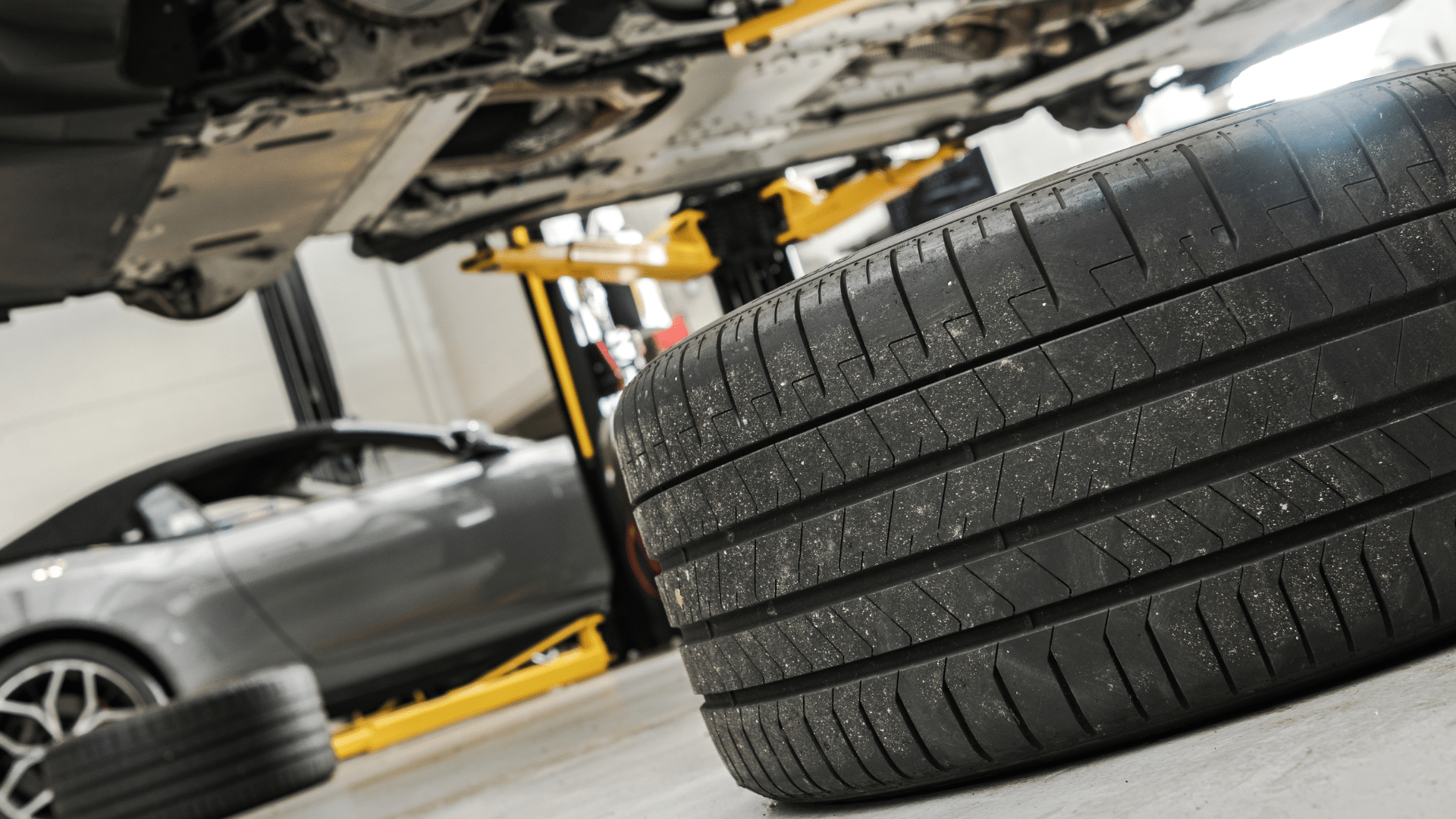
Something is not right in the world of independent commercial tire dealers and I can’t quite put my finger on how they can fix it. Commercial tire dealers just might need to organize and go on strike.
Commercial tire dealers just don’t make enough money. From what I’ve seen it is a 2% – 5% EBITDA business as compared with 10-15% EBITDA at retail. One root cause is that commercial tire dealers have ceded pricing authority and business relationships with national fleet customers to the major tire companies. The mistake in doing this is that the major tire companies are only interested in keeping their plants going at full volume and stealing market share from each other. They’ll fold like a wet blanket on pricing for more volume and to beat out a competitor. Plant volume overrides any interest manufacturers have in keeping a commercial tire dealer’s profit margins healthy.
And when it comes to making money, it’s not like the major tire companies have done any better with their storefront commercial operations than independents have. In fact, they’ve done worse. When a business sells for net asset value, that means it wasn’t making any money. And that’s exactly what the tire manufacturers have done, sold their businesses for net asset value. We’ve seen how GCR shrunk from over 200 locations in 2017 down to none today. Likewise, TCI Tire Centers used to have over 100 locations and Michelin sold the last of those in 2018. If they were doing great and making money, the manufacturers would have kept them. And, by dumping them at asset value, they hurt the value of every commercial tire dealer’s net worth too, by the way.
I hope that the tire company people making those pricing deals with the national fleets have the same level of knowledge of the business as commercial tire dealers. Independent dealers have likely been in the commercial tire business most of their adult life and know what it takes to make a buck. If the executives that they have ceded pricing authority to are from outside the industry, never been on the front lines, or if they are being rotated through commercial sales on their way to the top, I’d be concerned.
Let’s sum up what I’m seeing. The major tire companies make deals with national and regional fleets that independent commercial tire dealers have to honor. And dealers have ceded pricing authority to people who a) will keep lowering profit margins to chase volume, b) have proven they can’t profitably operate profitably and, c) may not know as much about the business as independent commercial tire dealers do.
Commercial tire dealers have allowed themselves to become a captive distribution network for the major tire companies who no longer have the risk and hassle of operating commercial storefronts. And, the major tire companies have such a chokehold on their commercial tire dealers that they don’t need their own storefronts anymore.
Aligning with one major manufacturer is a requirement for commercial tire dealers involved in retreading—which many are. From my understanding to get the casings, rubber, manufacturing process, equipment financing, and access to fleet customers, commercial dealers sign long term exclusivity agreements with one of the majors. Doing this actually lowers the value of your business because upon exit, you have fewer options. You can effectively only sell your commercial business to another dealer in that manufacturer’s network. One must ask, is being in the retreading business even worth all that?
Recent events have forced a lot of different types of companies to reassess how they do business and which customers they serve. Commercial tire dealers may need to do the same.
The farther commercial tire dealers get away from the relationship with the customer, the more likely that’s not going to be a profitable customer. Maybe realigning and moving towards more regional customers and away from the national customers is the way to go. If the national fleet account is not profitable enough, you should meet with their local operators who appreciate your service levels and reach an agreement on enhanced pricing. If you can’t make an acceptable profit—drop the customer.
I’m not a fan of aligning with any single tire company at the expense of your brand name. Strengthen relationships with second and third tier commercial tire manufacturers. Become a multi-brand provider to give your customers real choices.
I see some commercial dealers getting into retail and I can’t fault them for developing a hybrid business. The profit margins are better at retail and the dealer has more pricing power there. But in looking over the horizon, I’m concerned that as new car sharing and car ownership business models take hold, the same thing will happen with retail pricing. Tire manufacturers will make deals on behalf of dealers and drive down dealer margins and profitability. Is the commercial tire business the ‘canary in the coal mine’ for the retail tire business? We shall see.
I looked online for a 20 Group exclusively for commercial tire dealers and I can’t find one. I know that there used to be one. That might be the thing to do first. Organize and share best practices to improve business. Also, organize regionally with other dealers in your network to pressure tire manufacturers to be more responsive to your needs.













